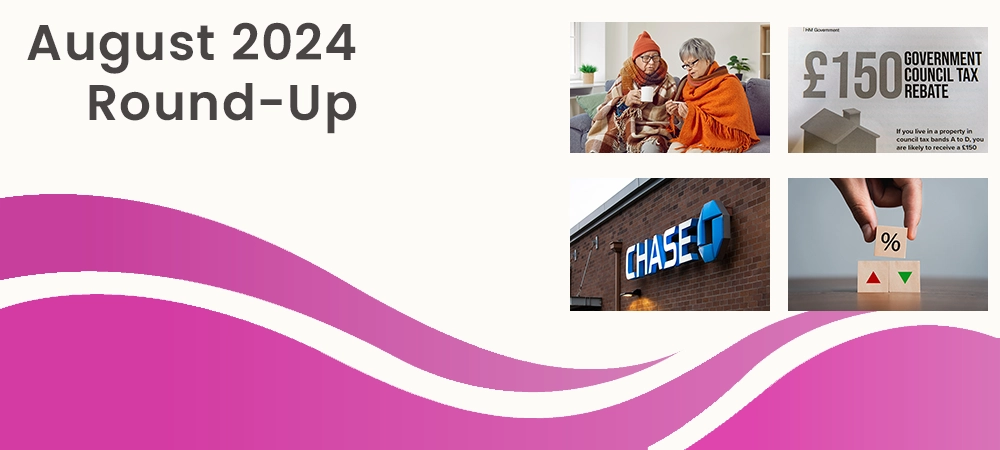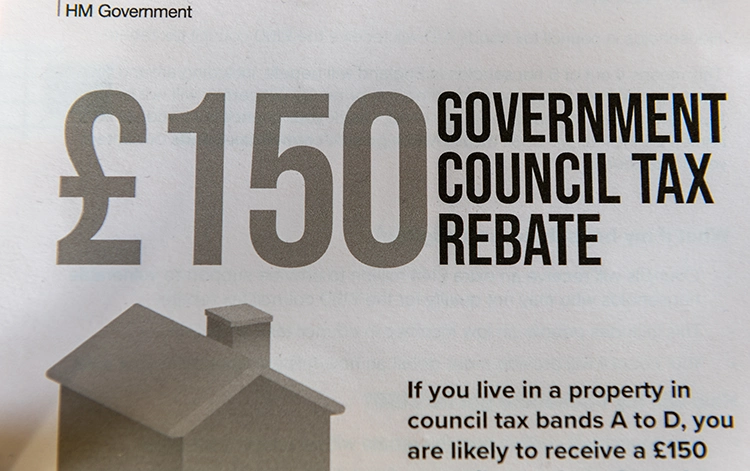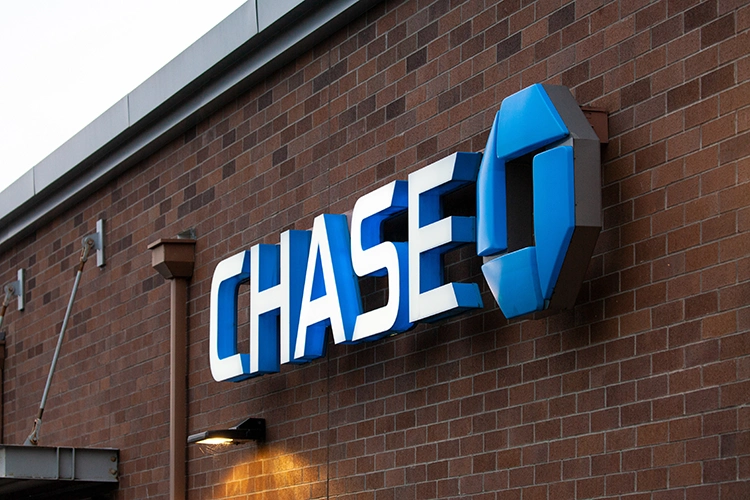
August 2024 Round-Up - New Government New Rules
August 2024 was a strange month. The new Labour Government announced several proposals, and the outlook for the UK economy is not promising. We’ll analyse each of the major reports from August to determine whether the alarm is merely media sensationalism, or if there is something more serious at play.
1 - Winter Fuel Allowances For Pensioners To Be Withdrawn
This announcement has understandably caused significant financial stress to a demographic that is least able to adjust their budgets to accommodate the new conditions. The only slight caveat is that the withdrawal of winter fuel payments isn’t universal and will only affect those who don’t qualify for other means-tested benefits – which is around 90% of pensioners.
The number of pensioners who will still qualify to keep their £300 allowances is around 1.3 million, compared to approximately 10 million households that will now lose that money - a move that will save the Treasury between £2.5 billion and £3.0 billion.
Is It Really Worth It?
In our view, it’s another sign of economic mismanagement by political children, and people are starting to take notice. We are the first to acknowledge that the economic situation of the country is dire—it’s really bad. But if the government is going to cut back, why not start in other areas? How is it possible that the government can withdraw £3 billion from some of the poorest in society while at the same time sending another £10 billion to Ukraine? Spending billions on foreign aid, paying billions to support asylum seekers who are fed and heated in the UK—all while denying just £3 billion to pensioners who have paid into the system all their lives. People are starting to notice.
What Will Be The Outcome?
As always, pensioners will accrue more debt. Some will try to obtain loans to heat their homes; others will fall into direct debt with their energy suppliers. Ultimately, many more will enter into debt that they won’t be able to repay. Then the vultures will come, picking off their assets with expensive debt administration fees, £15 late payment charges, and £300 prepayment meters being installed. At some point, pensioners will either freeze to death or be forced into care homes.
We’ve been fortunate that the last two winters have been mild; if this one is severe, things could become truly dire and we may even be a small chance of Civil Unrest taking hold in the UK.
2 - Council Tax Rises On Their Way
The government is playing with fire on this one, almost as though it has forgotten the lessons from the 1990s poll tax riots.
Currently, councils in England are only allowed to raise their charges by 4.99% each year. Any increase of 5.00% or more automatically triggers a referendum - something most councils want to avoid, as they would likely be told no.
Towards the end of August, several stories surfaced, paving the way for the government to allow local authorities to introduce unlimited increases in council tax without requiring referendums. As we all know by now, these stories in the mainstream media don’t just appear out of nowhere. They are often pushed by anonymous sources to gauge public reaction. If the public pushback is strong, the policies are quietly shelved. If there is little or no public feedback, the policies are often adopted and then put before Parliament.
A Very Risky Strategy
Nearly all councils in England and Wales are bankrupt. They have been mismanaged by mediocre managers who, while highly paid, would have been sacked in the private sector. These managers will never look at themselves in the mirror and assess how much they've contributed to the mess. Almost never will they consider pay cuts for themselves to help balance the books. It’s much easier to raise bills and hope that others pay them without fuss.
But what if people don’t or can’t pay the increases?
That’s the question. Councils are walking a very fine line. If people en masse decide not to pay their council tax, they may end up with less money coming in than they started with. There are already several popular YouTube channels devoted to teaching people how to avoid paying council tax. Some of them make interesting points, and while it’s debatable how effective they are, there’s no doubt that they are incredibly effective at clogging up the court system.
Blood From A Stone
If people can’t pay, what then? Around 17% of people in England live in council-provided accommodation, and another 19% live in privately rented accommodation. This means around 36% of England’s population live in some kind of accommodation that isn’t their own. That’s 36% of the population who don’t have assets that councils can seize for non-payment of council tax.
What are councils going to do—throw them all in jail? There aren’t enough prison places as it is. Most councils know that if just 13% of their residents stopped paying, they would cease to function.
From Our Point of View
We don’t foresee any growth in loan applications due to increases in council tax charges. If people can’t pay their council tax, they tend to cancel their direct debits rather than taking out loans. Historically, this has always been the case. In all our years in lending, we can recall only one single applicant ever saying they were using the money to pay off a council tax bill.
3 - Mortgage Rates Starting To Drop
At the beginning of August, the Bank of England reduced its base rate by 0.25%, and some see this as the beginning of further rate cuts. As we have mentioned in this article heading above 10%, do not expect rates to drop; on the contrary, rates are likely to rise significantly in the next 12 months. The reason for this is that the government won’t stop spending. The more the government spends, the weaker the pound sterling becomes.
Follow The Gold Price, Not Media Guru's
We urge people not to rely on the BBC or Sky News for advice on their mortgages, nor should they follow these so-called experts. Remember, interest rates are about one thing only: keeping down the price of gold. Inflation causes the price of gold to rise and fall, and this is controlled by interest rates. If interest rates are too low, investors pull their money out of the currency and place it into gold. If interest rates rise, people sell gold and buy currency. That’s the tightrope that is walked; everything else is just theatre and propaganda.
With the government borrowing £131 billion each year, does anyone really expect the price of gold to fall? Or rise? If it’s going to rise, what is the only tool they have to keep it down? Exactly - interest rates will rise.
4 - Chase Bank Glitch
Towards the end of the month, there were reports that the US bank Chase was being exploited by what users were calling an "endless money glitch," where account holders could withdraw unlimited amounts of money from cash machines.
Unfortunately for those who exploited it, Chase is pressing charges against all those who fail to repay the money. Considering the spending sprees that some of them filmed themselves on before uploading to social media, most no longer have the funds to make repayments.
It's A Crime To Use The Glitch
Unfortunately for those who exploited it, Chase is pressing charges against all those who fail to repay the money. Considering the spending sprees that some of them filmed themselves on before uploading to social media, most no longer have the funds to make repayments.
Would The UK Police Do The Same?
Of course not, unlike in the UK, the US takes defrauding banks extremely seriously; for them, it isn’t a sport. They have something over there called “Unjust Enrichment,” and Chase is pressing charges against anyone who took money and can’t pay it back, which will almost certainly lead to jail time. Our view is that if this happened in the UK, the police wouldn’t even make the effort to investigate. They would instead label it a civil matter and tell the bank to go to the civil courts and hope for CCJs. The FCA would then probably fine the bank. How many of you think we’re joking?
Lending Activity Round-Up
Application rates always drop in the summer months, and this year has been no different. The drop-off has been in line with that of the last three years. As a business, we received over 11,000 applications across the month, resulting in over £2,100,000 in lending.
Things To Look Out For In September 2024
Famous last words, but we don’t expect much change or volatility in September. Our view is that the financial picture will remain stable up until the US elections in November. The media and the establishment are all intent on ensuring nothing changes between now and then.
The only flashing warning sign on the horizon is Nvidia; its stock will crash at some point, bringing more stock market carnage that could spread to the UK. We’ll keep an eye on that and report back next month.




